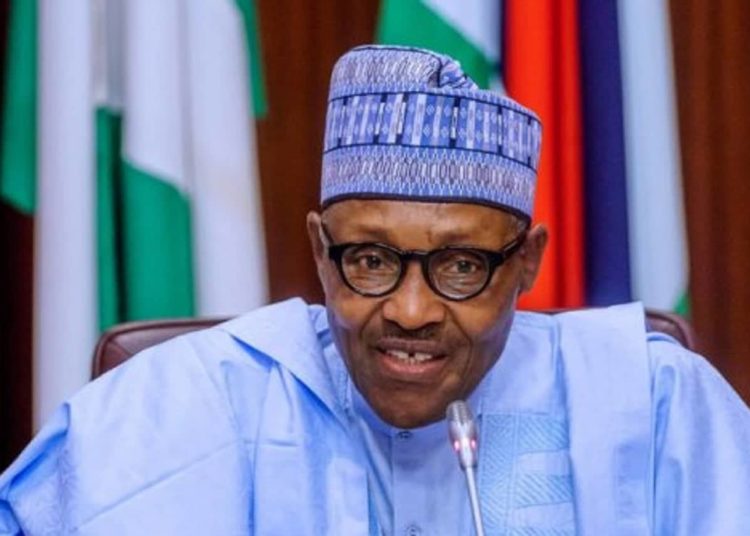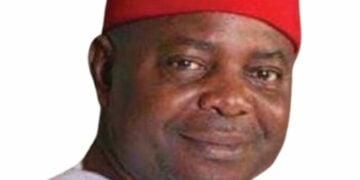President Muhammadu Buhari on Friday presented his last budget to a joint session of the National Assembly. Next year a new president will present the budget to the lawmakers.
Many Nigerians have expressed hope that the administration will complete and commission legacy projects before it leaves office on May 29 next year.
One thing that the president was able to achieve in his administration was returning the budget to the January to December cycle. Experts had hailed the move as according to them, it gives room for proper planning and financial efficiency.
We recall that the President was given a baptism of fire in his first budget as it was massively padded by civil servants . A new word entered into our lexicon then- padding.
Indeed, the president was able to return the budget to the January to December cycle because of the excellent relationship between the executive and legislature.
The 9th Assembly has been labeled a rubber stamp assembly by many commentators but you can’t take away the fact they achieved what previous assemblies were not able to achieve. The passing of the Petroleum Industry Bill and Electoral Act were landmark achievements and it has been commended by friends and foes alike.
Needless to say, the passing of those two major bills and the assent by the president was made possible because of the excellent relationship between the president and senate President, Ahmed Lawan. There is a lesson in this. An antagonist legislature is not proof that there is a separation of powers or it is not a rubber stamp. The thing is Nigerians will benefit more if the relationship between the executive and legislature is cordial. More landmark bills will be passed and there would be less tension in the polity.
Back to the 2023 budget tagged, “Budget of Fiscal Stability and Transition” reflected a total budget of N20.15 trillion which represents about N390 billion increase from the N19.76 trillion projected in the 2023-2025 Medium Term Expenditure Framework and Fiscal Strategy Paper already passed by both chambers of the National Assembly.
Out of the N20.15 trillion, N8.27 trillion was proposed as non-debt recurrent costs, N6.31 trillion was earmarked for debt servicing, N5.35 trillion for capital expenditure (including the capital component of statutory transfers) while N4.99 trillion was earmarked for personnel costs.
A total of N1.11 trillion was recorded as overheads, N854.8 billion as pensions, gratuities, and retirees’ benefits, and N744.11 billion as statutory transfers. A sinking fund of N247.73 billion was earmarked to retire certain maturing bonds.
President Buhari while presenting the budget estimate for the last time in an annual ceremony that lasted for about 90 minutes, noted that the expenditure policy of the government in the year 2023 was designed to achieve the strategic objectives of the National Development Plan 2021 to 2025.
This, according to the president include macroeconomic stability; human development; food security; improved business environment; energy sufficiency; improving transport infrastructure, and promoting industrialisation focusing on Small and Medium Scale Enterprises.
The president warned members of the National Assembly against insertions into the budget proposal, noting that it should be passed in its organic form.
He also warned relevant committees of the National Assembly to desist from passing budgets for Government Owned Enterprises (GOEs) which are at variance with the budgets sanctioned by him and communicate the same directly to the MDAs. This according to the president is against the rules and must stop.
While reeling out the budget parameters and fiscal assumption in the estimate, the president said the oil price benchmark of $70 per barrel at a daily oil production estimate of 1.69 million barrels (inclusive of condensates of 300,000 to 400,000 barrels per day). The exchange rate of N435.57 per US dollar and projected GDP growth rate of 3.75 percent and a 17.16 percent inflation rate.
The estimated federally-collectible revenue is estimated at N16.87 trillion, while the federally distributable revenue is estimated at N11.09 trillion. The document, however, indicated that the total revenue available to fund the 2023 federal budget is estimated at N9.73 trillion, which includes the revenues of 63 government-owned enterprises.





